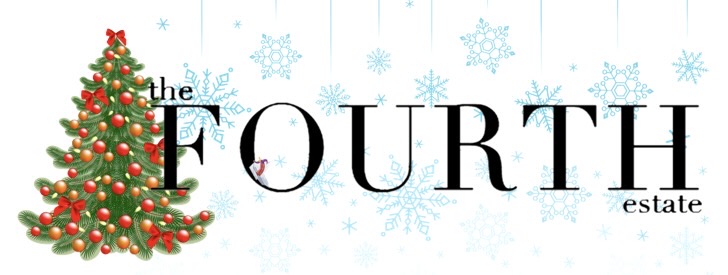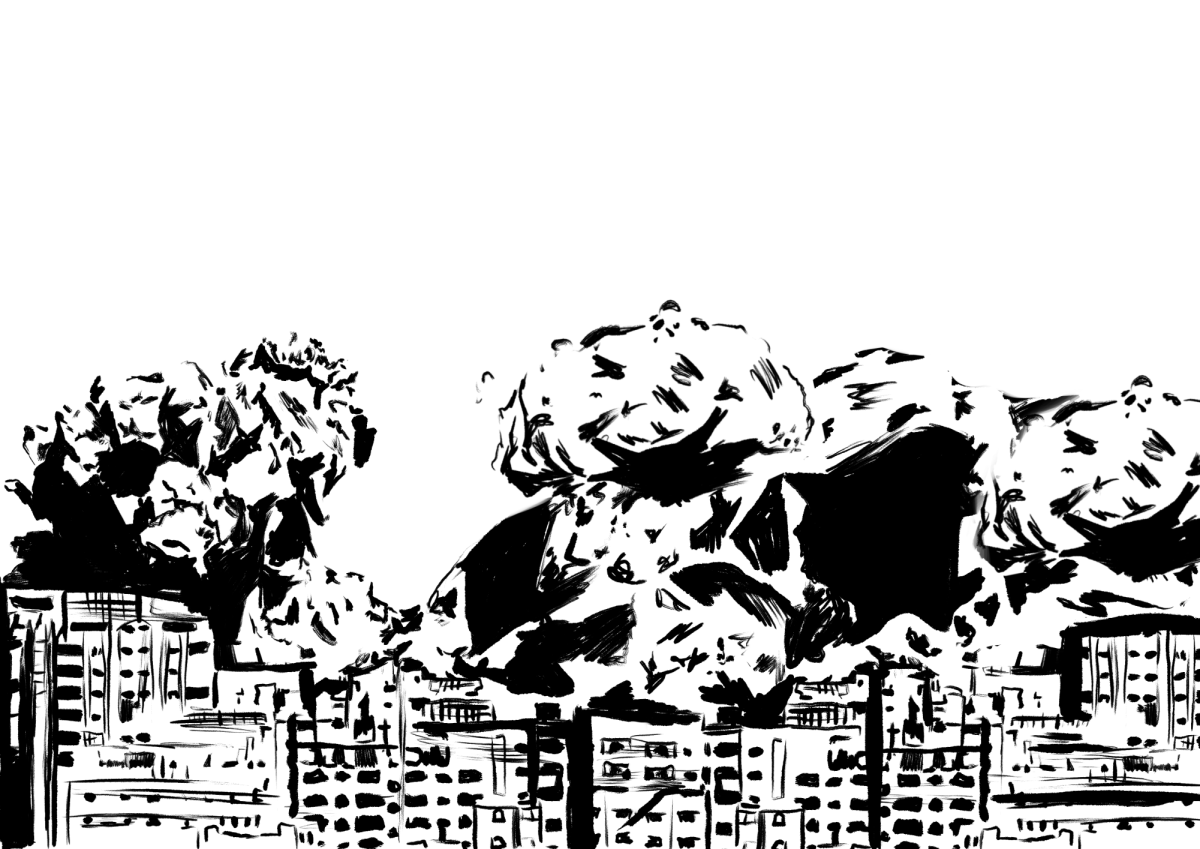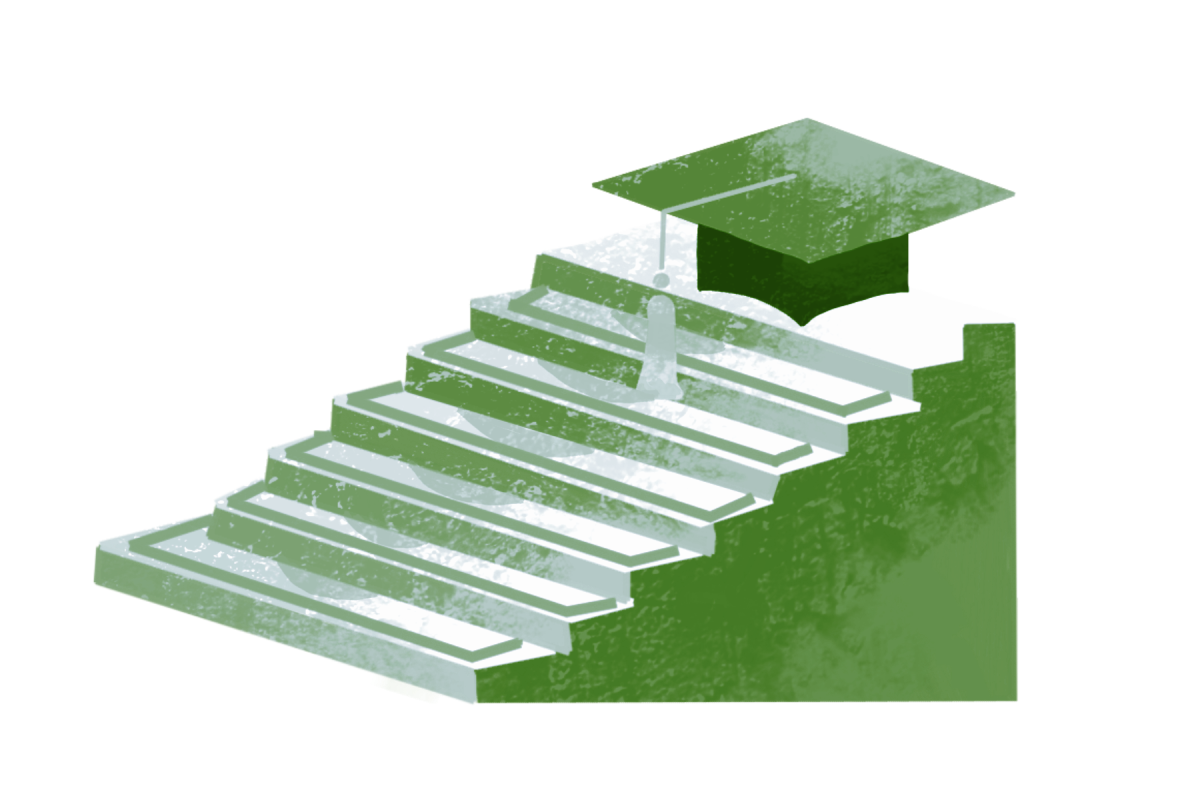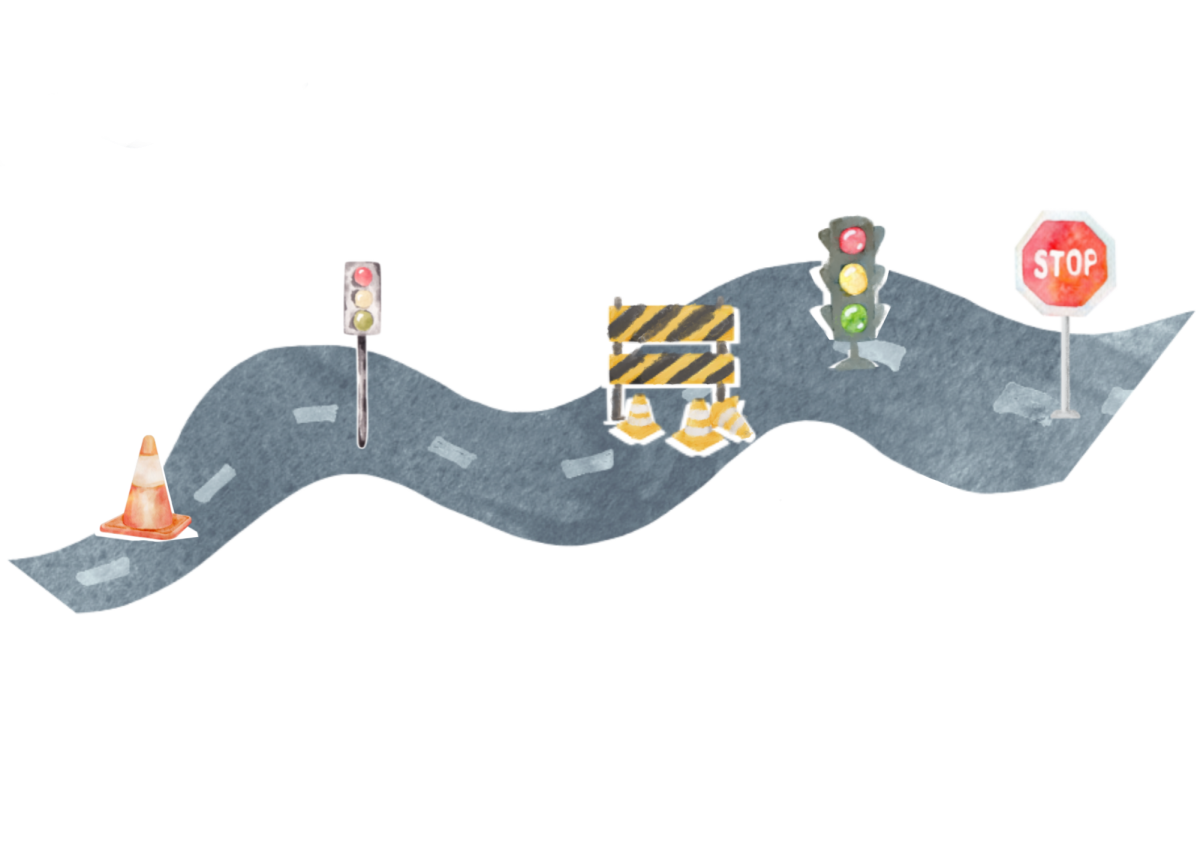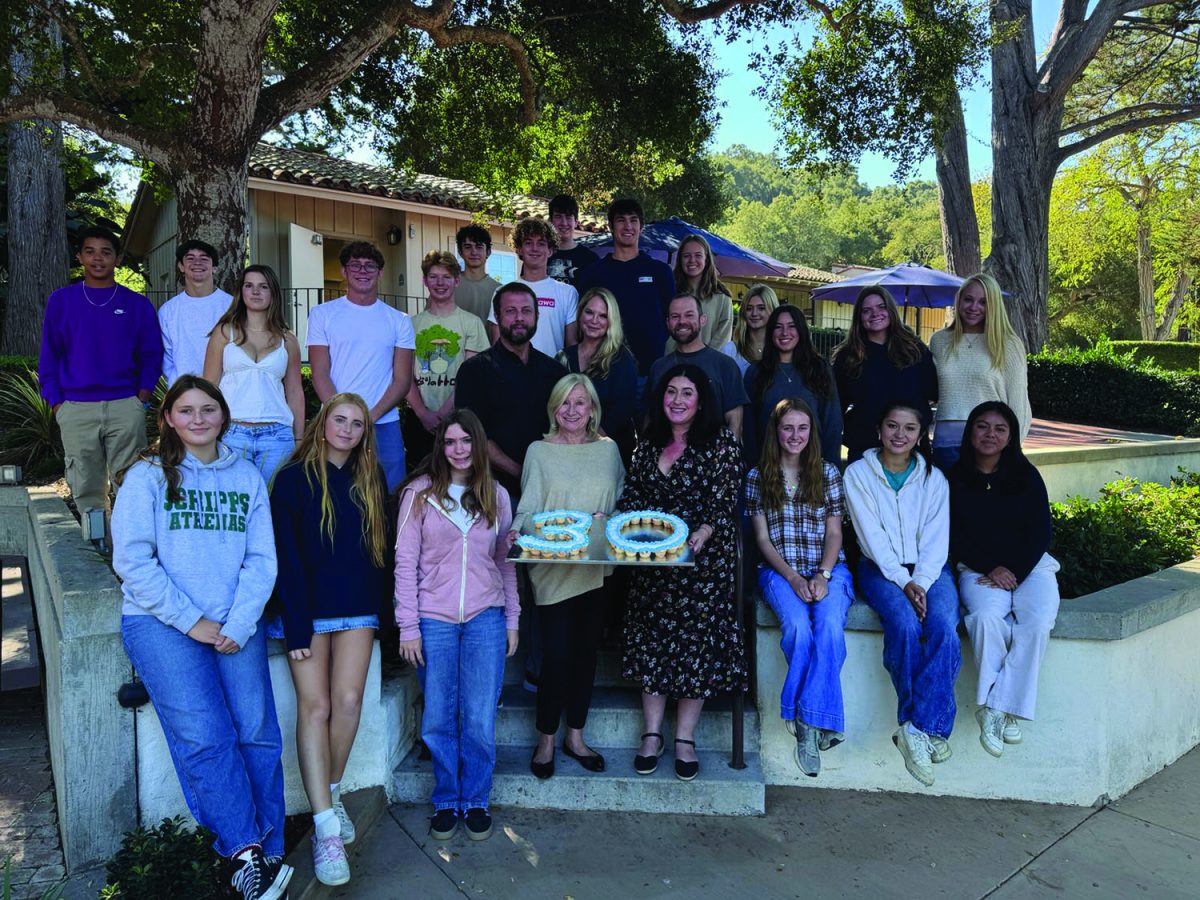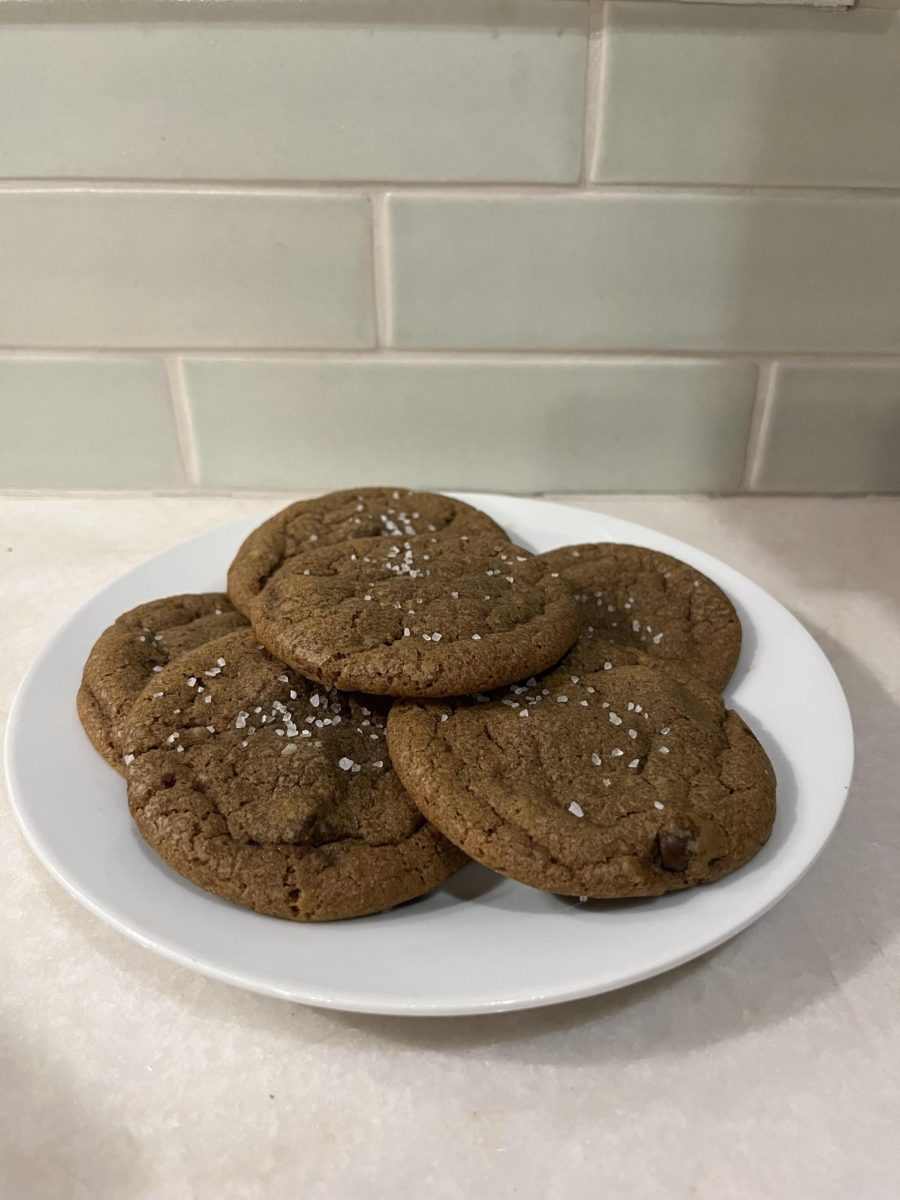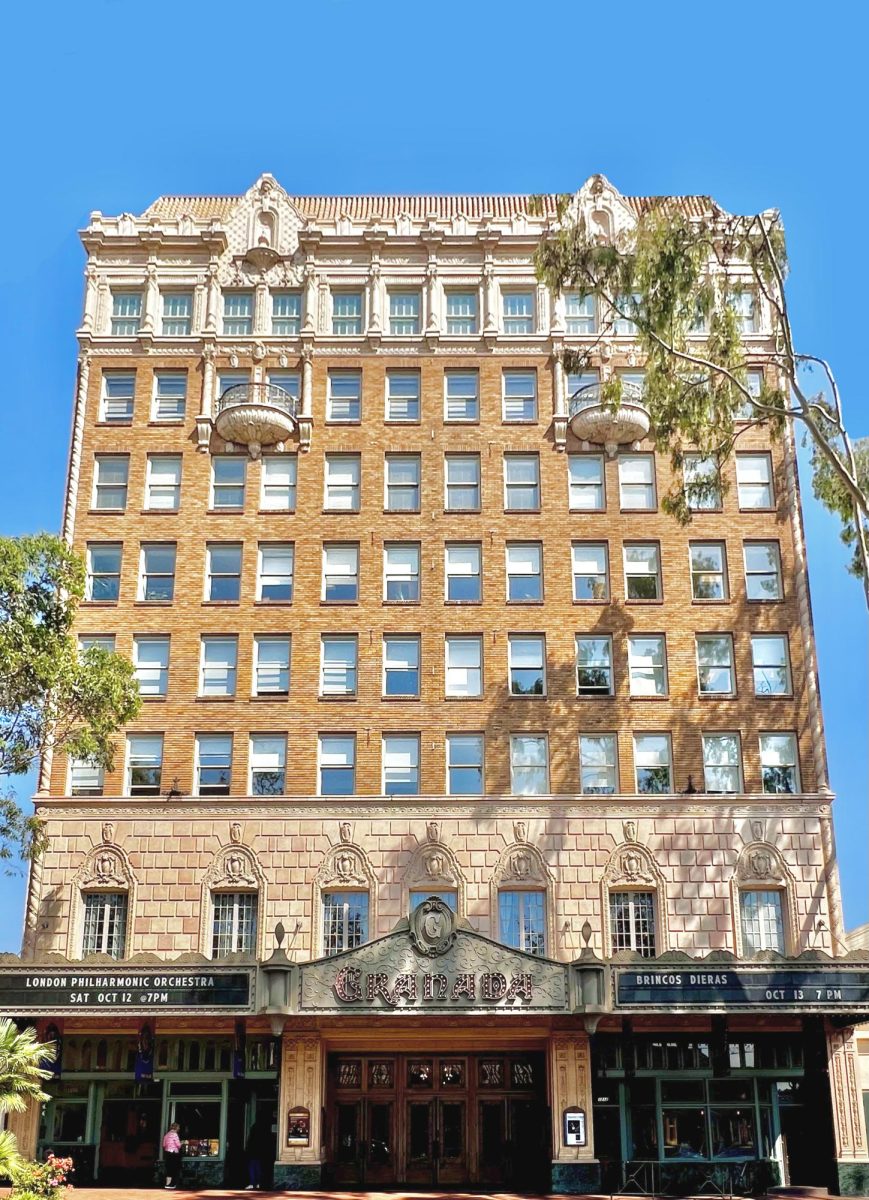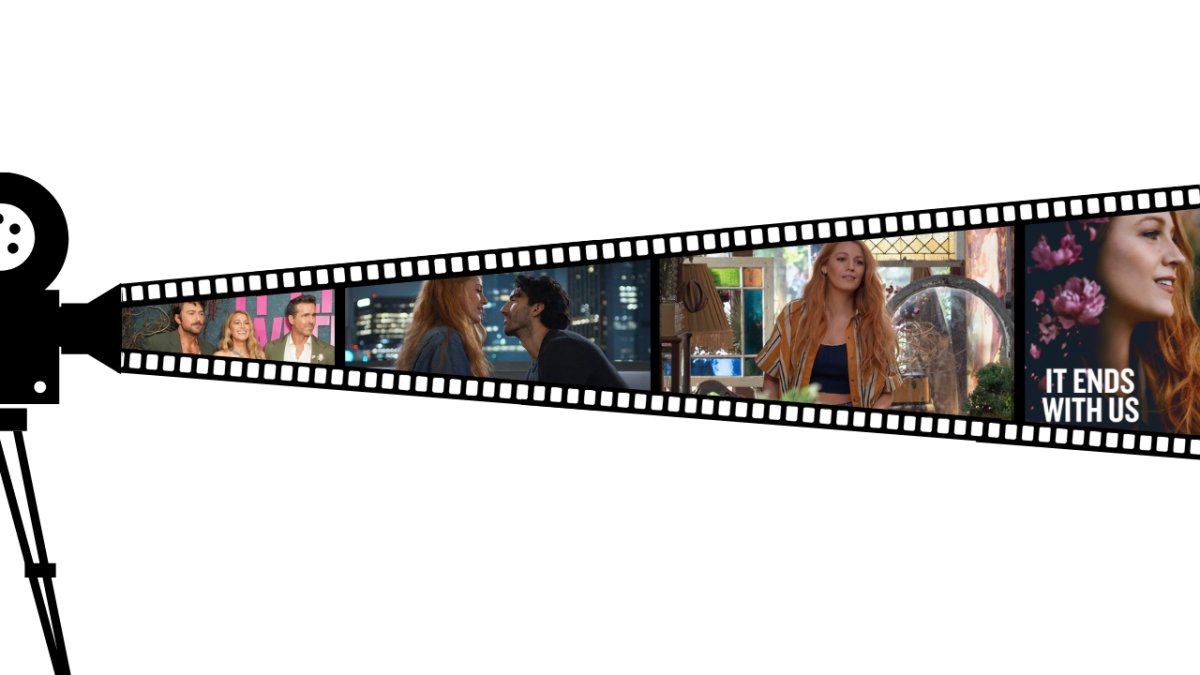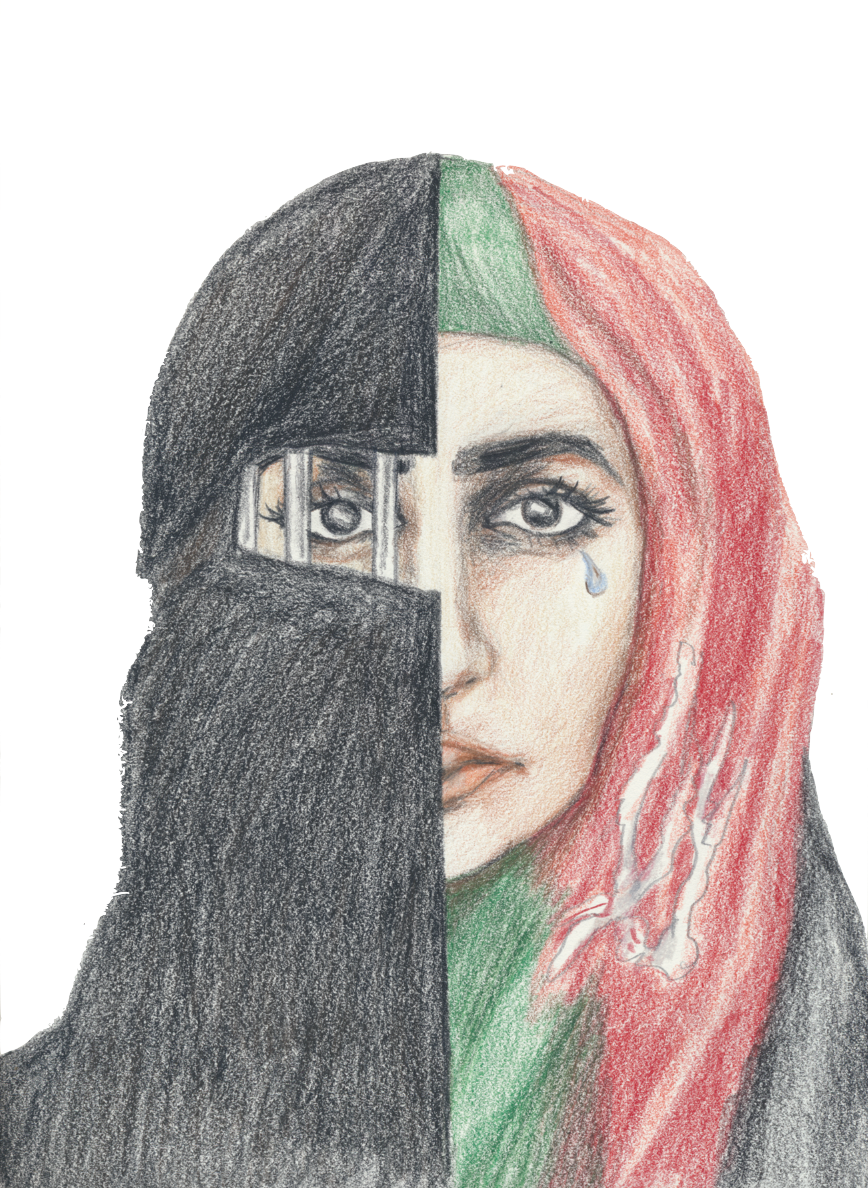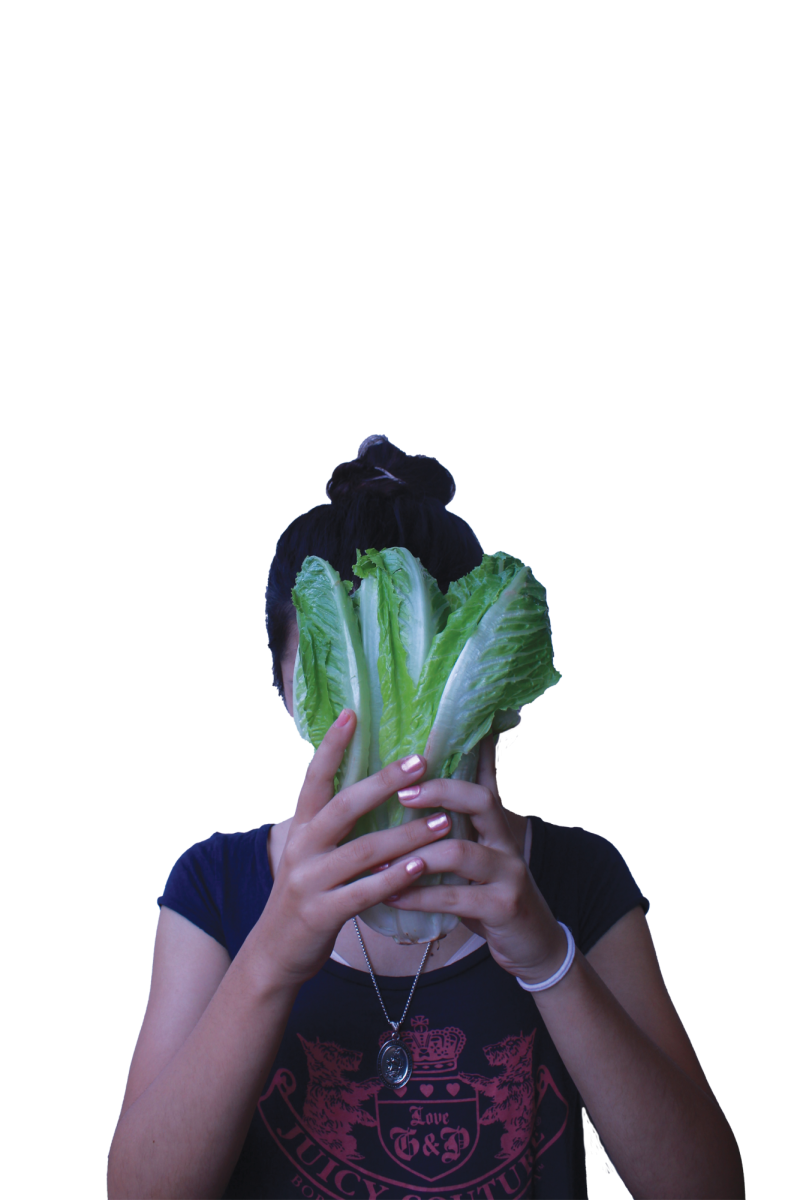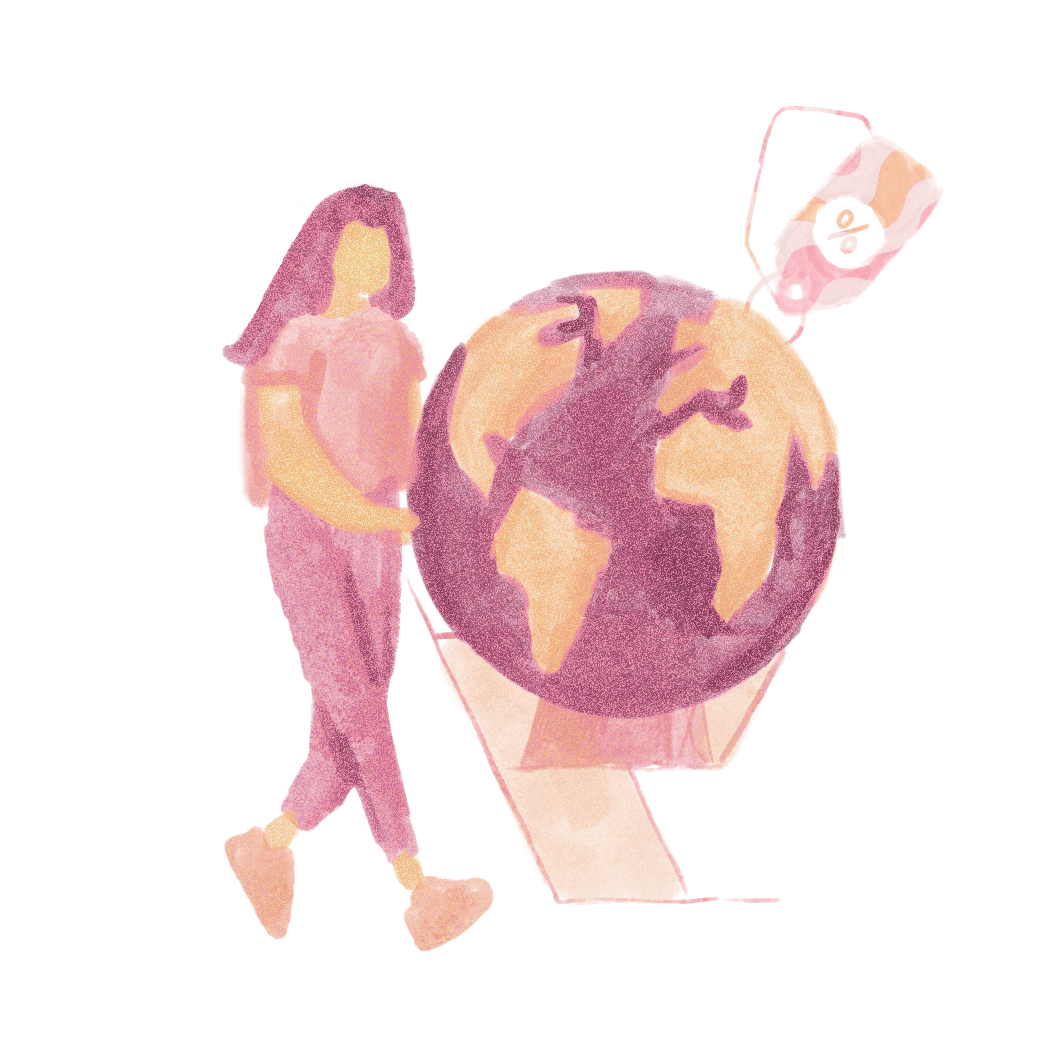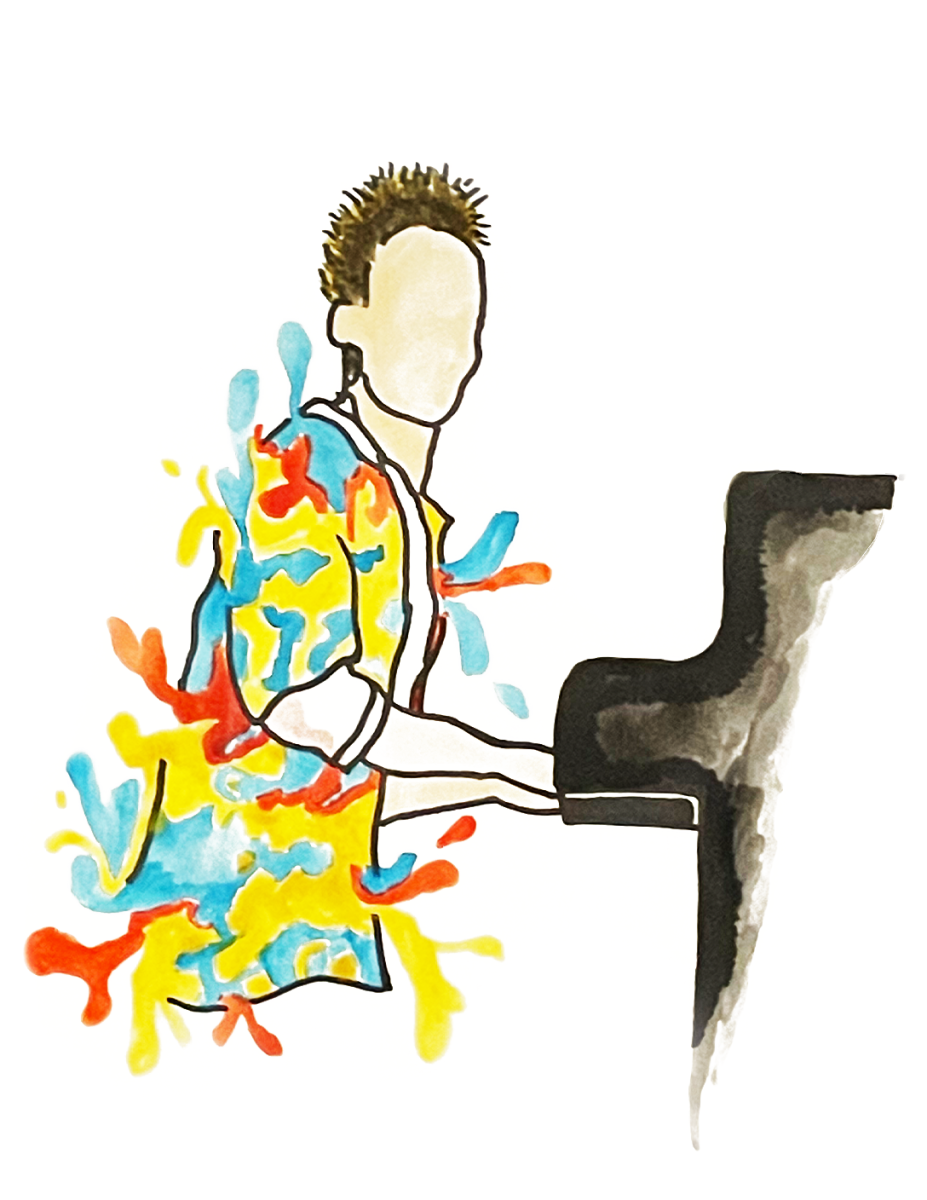
The girl in the picture is thin. Maybe a little underweight, definitely not overweight, but slender. She is wearing a striped dress and maroon socks, and her blond hair hides her face. She looks normal. Beneath the picture, however, her Tumblr profile tells a different story.
“I don’t have an eating disorder, just disordered eating,” she says. She is 17. She weighs 121 pounds, but is careful to note that she’ll change the number once she gets “less fat.” She is five feet, two inches tall and she calls herself a “professional screwer-upper.”
The pictures that she reblogs- posts to her page- are scary. Girls, with their shirts pulled up, skin stretched over ribs, nothing but bones and soft tissue. Their hands grasp their thighs, their fingers fitting comfortably around. Hip bones jut out past their concave stomachs, their collarbones, sharp as knives. A world of skeletons.
And just like any foreign land, it has its own language. Thinspiration, or thinspo, are blogs that post pictures of people with “ideal” bodies, many of whom are muscular and fit, all of whom are thin. There is also Bonespo and Skinspo, darker blogs with a powerful message: “Hunger hurts, but starving works.”
It wasn’t long before I met Ana. For many of the thinspo-Tumblr girls, Ana is the constant pressure, a voice in the back of their head that tells them that they are strong enough to purge, or not to eat entirely.
Ana isn’t a person. Ana is the pet name given to the disease that reduces these girls to shadows. Anorexia nervosa is a mental illness that affects at least 8 million Americans, according to a recent study by the South Carolina Department of Mental Health. Although it is commonly considered a “woman’s disease,” nearly 12.5 percent of those influenced are male. There are two sub categories: restriction and bulimia. Anorexia and other ED’s have the highest mortality rate of any mental illness.
Unlike almost any other mental disorder, anorexia is associated with a higher socioeconomic class. It is also associated with perfectionism.
The girls who develop anorexia nervosa are the girls we have all come to know. They come from good families with high expectations; they care
about their grades, and they’re often involved in sports that stress fitness and a particular body type.
You don’t look at them and think that there’s something wrong.
In fact, you might look at them and wish you were as thin as they are.
These girls find excuses to avoid food at all cost. Their constant refrain is, “I had a big breakfast,” or, “I ate before I came,” or, “ I’m just not that hungry right now.”
They hide it so well that even their loved ones are incapable of seeing what’s going on.
Unable to talk about their disease with their family and friends, they turn to the Internet as a place to tell their stories and make connections.
Their anonymous blogs have become a safe haven for the girls (and boys) fighting this all-consuming disorder.
There are blogs that tell the horror stories about girls contemplating starving themselves because they can’t face the mirror. There are blogs that are places to wallow in the constant guilt and unhappiness that comes with an eating disorder.
They warn their readers that the content, the photos and quotes, may trigger adverse behavior.
There are recovery blogs too: “Today I ate a pancake. And I didn’t feel bad about it. :)”
Then there are the pro-Ana sites. Pro-Ana is promotion of anorexia nervosa, and it has developed a creepy, cult-like following. They live by the motto, “Quod me nutrit, me destruit”: That which nourishes me, destroys me.
The Internet has become virtual cesspool of girls encouraging unhealthy behavior. They ask each other for help, but not for help to get better. They are asking for an anonymous ‘buddy’ to keep them motivated so they can continue to starve themselves and achieve perfection.
There are Tumblr posts like Help Wanted ads in the paper: “Hey guys. I am looking for an ana buddy to keep me motivated and disciplined as school rolls around again. I am 14, in the USA, and I plan to keep restricting myself to 350-400 calories per day so it would help if you were in a similar situation,”
Reading their thoughts is like watching a car crash– watching girls spin out of control, but not having a name, or a face, to identify them. What can we do to help people who we don’t know?
The truth is, we do know them. Every single girl who writes an Ana blog is someone’s daughter, someone’s sister, someone’s friend. As the SCDMH study showed, an estimated one out of 100 girls has anorexia nervosa, yet we just don’t think to look.
It had never occurred to me that anyone I knew could have an ED. Ignorant and unaware, I heard the stories and read the news articles, thinking that my stable world could never be touched by anything as nauseatingly terrible as an eating disorder.
I was incredibly wrong. Strong, determined, brave, beautiful girls, people that I care about, are suffering or have suffered from this disorder. I’ve seen them restrict, turning down food. I’ve watched them fall deeper into their illness, still convinced that they’re fat or ugly even as they fade away into emaciation. But I have never known what to do for them.
In the news and at school, we have been told that the media causes eating disorders. With today’s technology, there are hundreds of places for girls
to be exposed to propaganda like pro-Ana websites. Still, it is the anorexic’s version of perfection that drives him or her to starvation.
No matter where the pressure comes from, eating disorders are everywhere. So how come we are still in denial?
We like to pretend that eating disorders aren’t a problem. But our silence has contributed immensely to the upswing in EDs.
From now on, I’m not going to stay quiet. Like any other social problem, this needs to be discussed.
Eating disorders are scary to think about, but we do more harm than good by ignoring them.
If you, or someone you love, has or is developing an eating disorder, talk about it.
Opening the airways for healthy conversation could help more than you know.
For those living with anorexia, bulimia, or another ED, knowing that other people care about them may give them the motivation to care about themselves. Recovery is an uphill battle, but it’s a war worth fighting.
